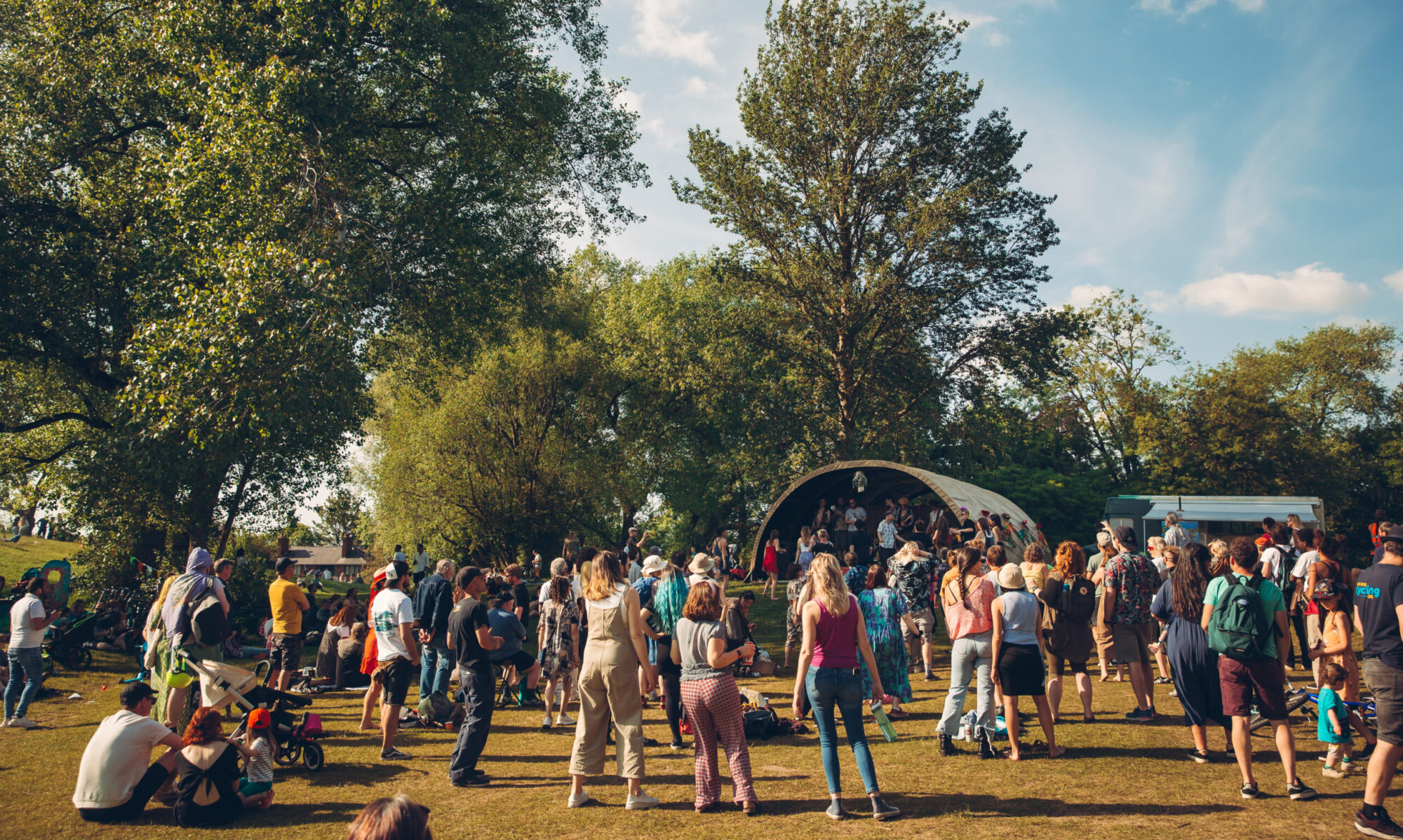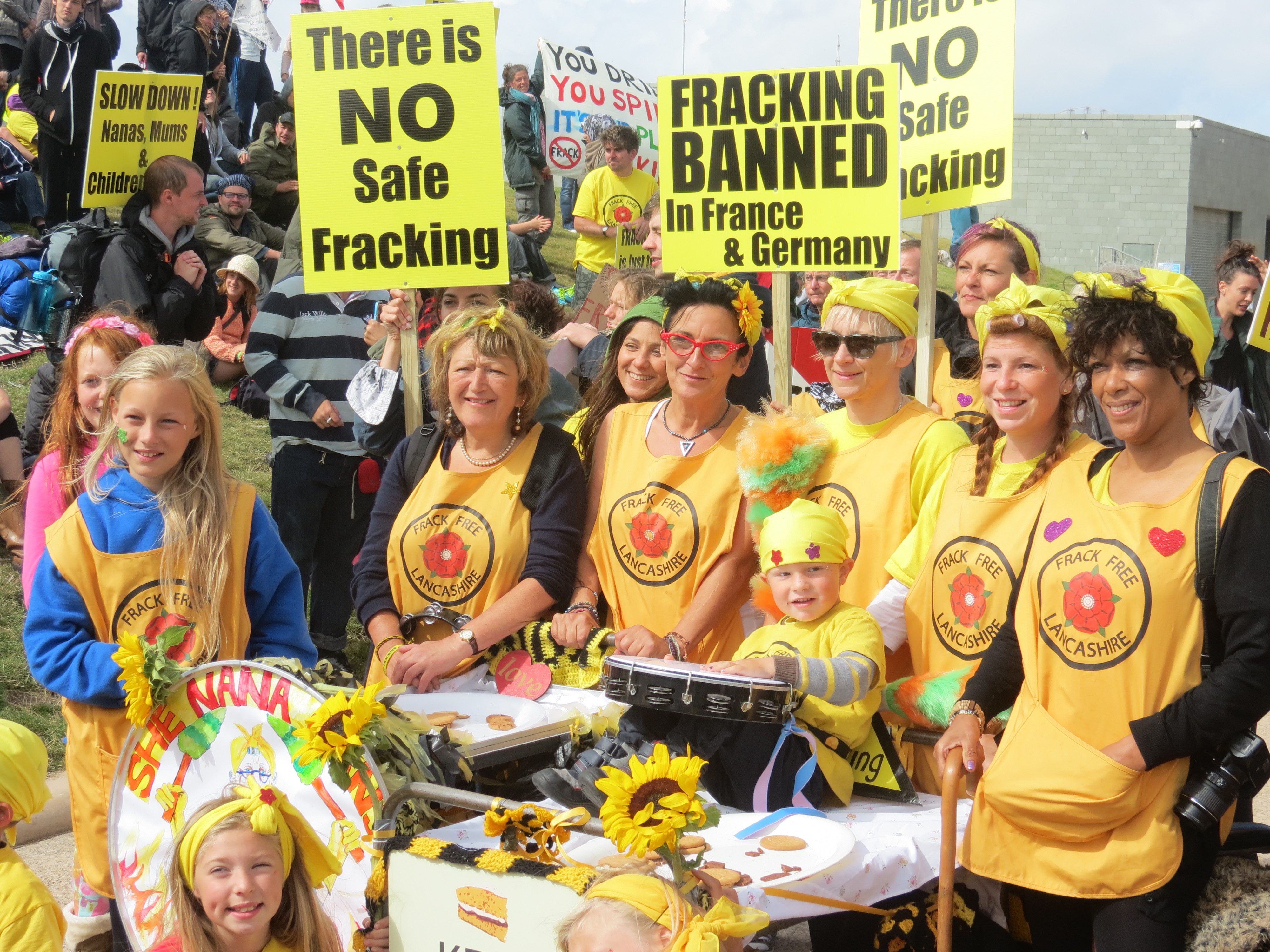‘What is fracking and why is it bad for the environment?’ is a rather pertinent subject to be discussing in our blog this week.
For no sooner had the energy company Cuadrilla started the fracking process again at the plant on Preston New Road in Lancashire, than they had to stop, due to the largest earth tremor ever to be recorded at the site taking place earlier this week.
This latest shutdown comes less than a week since work commenced following the previous earth tremors in 2018, caused due to operations at the site near to the Fylde Coast in Lancashire.
And figures from the British Geological Survey website outline the number of recorded seismic activity events in the area in 2018 alone, to be around 50.
So, if you live in an area where fracking is an issue that concerns you, or if you want to know more about what the impact of fracking is on the environment, read on!
What is Fracking?
‘Fracking’ is a term used to represent the process of Hydraulic Fracturing of the earth in order to draw down into the gas and oil minerals beneath the surface, in effect mining for a fossil fuel.
This hydraulic fracturing involves injecting water, sand and chemicals at high pressure to literally fracture the shale rocks below the earth’s surface and release the gas.
The process starts off by vertically drilling down into the rock, then there can be any number of horizontal shoots drilled off from the original well; these fractures can extend for up to two miles away from the original well.
Which basically means that fracking could extend under people’s homes and properties and there is little they can do about it.
Why is Fracking so bad for the environment?
Before answering this it’s worth remembering of course, the energy companies, and organisations producing reports sponsored by energy companies, will have you believe that fracking isn’t bad for the environment.
Which, considering the financial gains these companies stand to make, means their motives are questionable and reports unbalanced.
However, when reading scientific reports, including this latest paper from the Oxford Research Encyclopaedias on Global Public Health, researchers Irene Gorski and Brian Schwartz discuss the physical and social impact on communities as well as the impact on climate change; and it doesn’t make good reading.
Evidence points towards a particularly negative impact on pregnancy and birth weight, and although studies are still very much underway, health implications from water and air pollution linked to certain types of cancer and neurodegenerative disease, can not be ruled out.
In addition, the United Nations calls climate change the ‘defining issue of our time’, and the IPCC state in no uncertain terms, that ‘replacing fossil fuels with renewable energy sources’ is just one of the measures needed to reduce the impact of climate change.
What about Fracking Globally?
Although the current U.K Government have given the go ahead for fracking to take place, there are many countries, including France, Germany, Bulgaria and Ireland that have banned the drilling for shale gas completely.
China, Poland, Canada, Argentina and the U.S are among some of the world’s biggest contributors to the fracking industry, however both New York and Maryland State have banned the practice, and other countries are examining the impact and building a resistance network.
Here in the U.K there are over 100 licences for fracking to take place, with many being in the North of England, and Preston New Road being at the centre of much of the controversy and news coverage.
Resistance to Fracking
Public support for the anti-fracking movement has always been strong, particularly at the Lancashire site.
And in one way or another, activists have been defending the site for over 7 years, as the first earth tremors brought on by drilling were felt way back in 2011.
Since then, there have been many public votes and protests, with Greenpeace getting involved and launching a campaign outside the former chancellor, George Osborne’s Cheshire home in 2013 by setting up a mock drilling rig in the leafy constituency.
The campaigners built up a great deal of support, and were victorious in 2015 when Lancashire County Council blocked the applications from Cuadrilla to frack at Preston New Road and another similar site in the region.
Unfortunately, a year later this was overturned by Sajid Javid the then Home Secretary, and fracking was once again very much on the agenda for local communities, as the energy firm started construction of the drilling wells in the early part of 2017.
However, resistance to fracking is in many ways stronger than ever, with many action groups both locally and nationally set up to fight the fracking industry. In Lancashire, where many of the sites are commissioned, activists have been particularly dedicated to the cause, holding regular protests and ensuring there is a presence at the Preston New Road site 24 hours a day, 7 days a week.
These groups include Frack Free Lancashire, the Knitting Nanna’s, and the Preston New Road Action Group. They are all committed to increasing the awareness of the dangers of fracking and encourage anybody who is interested in finding out to more to get in touch.
In addition, there are national groups such as Frack Off, who offer a wealth of information and useful resources for your local groups to tap in to.
Contact us
So if you are part of a local anti-fracking group or you want to find out more about the impact of fracking, or you are interested in getting involved in any Climate Action, why not contact us here?
After all, when fracking for shale gas is banned in many countries and the process is literally fracturing the earth we inhabit, is it not an issue we should all be concerned about?
Contact us TODAY to find out more!

